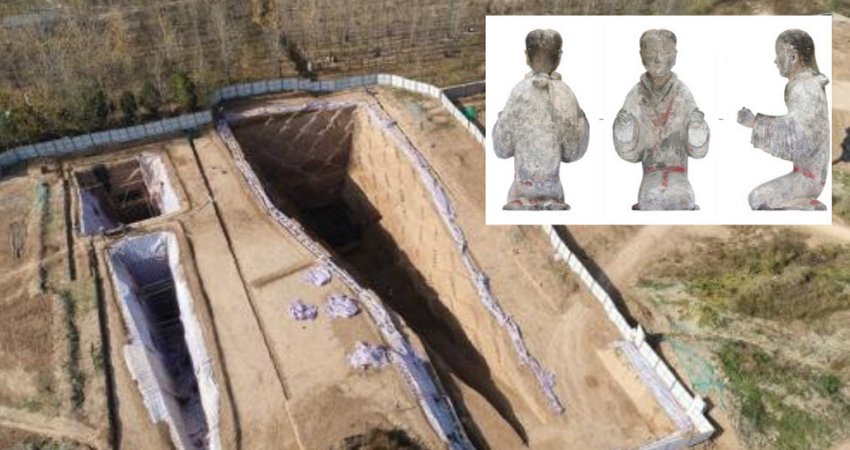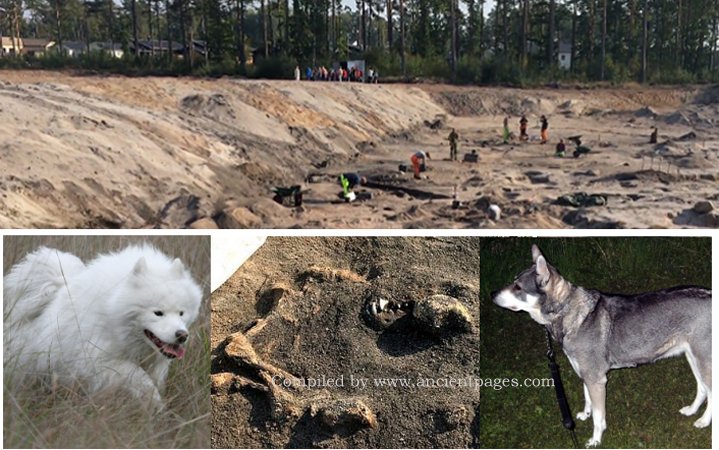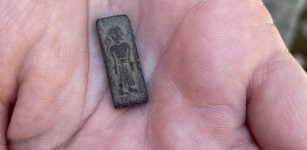Ötzi The Iceman’s Stomach Bacteria And Complex History Of European Settlements
MessageToEagle.com – An international team of scientists working with paleopathologist Albert Zink and microbiologist Frank Maixner from the European Academy (EURAC) in Bozen/Bolzano have now identified the presence of Helicobacter pylori in Ötzi’s stomach contents, a bacterium found in half of all humans today.
They also succeeded in decoding the complete genome of the bacterium. Ötzi, the Copper Age man was murdered in the Ötzal Alps, Italy, about 5300 years ago and his mummified remains were discovered in a glacier in 1991.
The theory that humans were already infected with this stomach bacterium at the very beginning of their history could well be true.

“Evidence for the presence of the bacterium Helicobacter pylori is found in the stomach tissue of patients today, so we thought it was extremely unlikely that we would find anything because Ötzi’s stomach mucosa is no longer there,” Zink said in a press release.
Together with colleagues from the Universities of Kiel, Vienna and Venda in South Africa as well as the Max Planck Institute for the Science of Human History in Jena, the scientists tried to find a new way to proceed.
“We were able to solve the problem once we hit upon the idea of extracting the entire DNA of the stomach contents,” reports Maixner. “After this was successfully done, we were able to tease out the individual Helicobacter sequences and reconstruct a 5,300 year old Helicobacter pylori genome.”
The scientists found a potentially virulent strain of bacteria, to which Ötzi’s immune system had already reacted.
“We showed the presence of marker proteins which we see today in patients infected with Helicobacter,” said the microbiologist.
A tenth of infected people develop further clinical complications, such as gastritis or stomach ulcers, mostly in old age.
“Whether Ötzi suffered from stomach problems cannot be said with any degree of certainty,” says Zink, “because his stomach tissue has not survived and it is in this tissue that such diseases can be discerned first. Nonetheless, the preconditions for such a disease did in fact exist in Ötzi.”
This research is very important because up to now, it had been assumed that Neolithic humans were already carrying this European strain by the time they stopped their nomadic life and took up agriculture.
Research on Ötzi, however, demonstrates that this was not the case.
“The recombination of the two types of Helicobacter may have only occurred at some point after Ötzi’s era, and this shows that the history of settlements in Europe is much more complex than previously assumed,” says Maixner.
Further studies will be continued. The current results have just been published in Science magazine.
MessageToEagle.com via AncientPages.com










